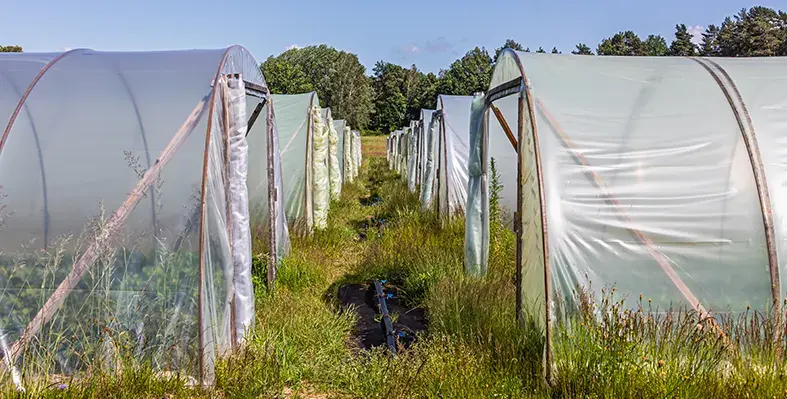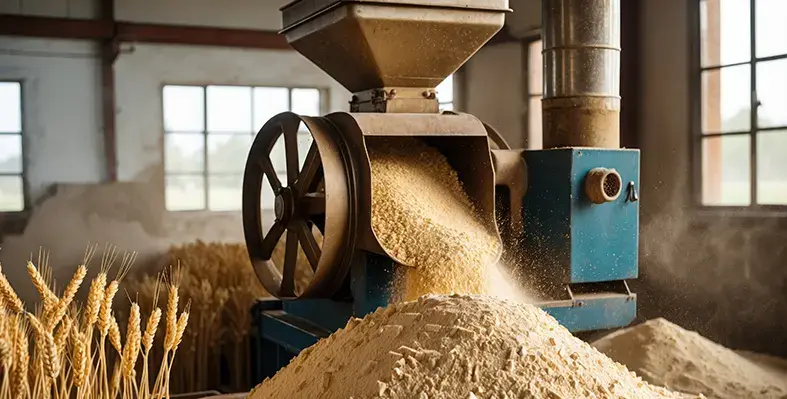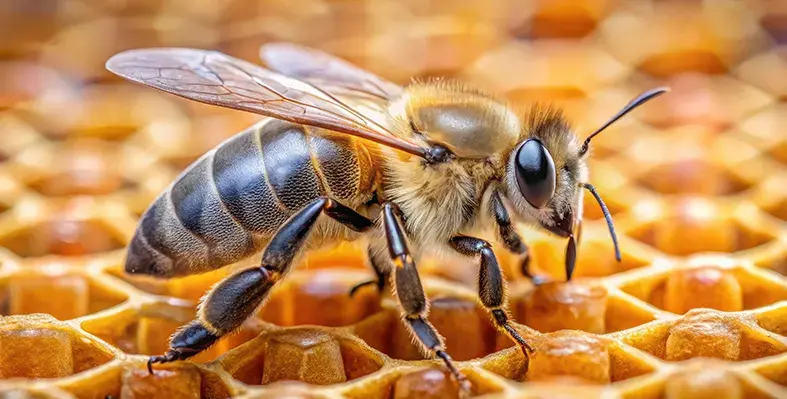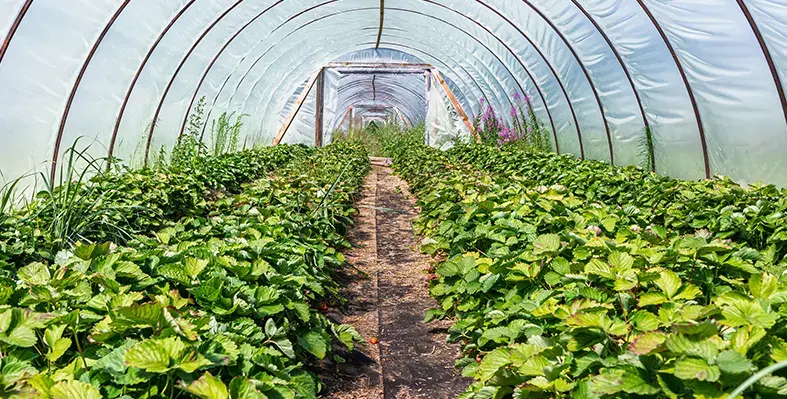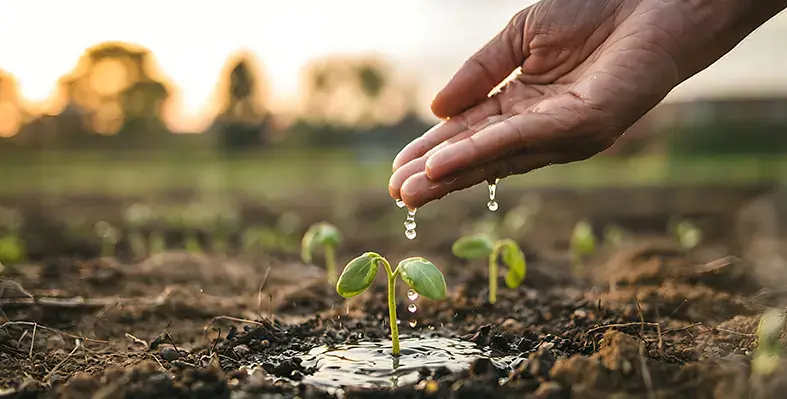In the heart of Mexico’s agricultural sector, BASF is breaking new ground with its NOR HALS portfolio advanced additives designed to enhance the strength and longevity of agricultural plastics
These additives are tailored to meet the rigorous demands of plasticulture, where durability and sustainability are increasingly vital.
From greenhouse films to mulching sheets and silage bags, BASF’s NOR HALS products such as GSID 1012 AR, Tinuvin NOR 211 AR, and Tinuvin NOR 356 AR, offer exceptional resistance to the harsh realities faced in the field. With climates growing more extreme and farmers adopting thinner, more efficient films, these additives ensure the plastics can withstand intense UV exposure, heat, and chemical interactions with crop protection products without compromising performance.
But durability is just one part of the story. BASF emphasises that NOR HALS additives also support recycling efforts by maintaining the mechanical integrity of plastics at the end of their service life, reducing the release of harmful microplastics into the environment. This innovation aligns closely with growing sustainability goals in Mexico’s agriculture sector.
Recently, BASF teamed up with ExxonMobil in Querétaro to bring together over 80 industry leaders from agriculture and plastics for a strategic meeting. The focus? The evolution of agricultural plastics, opportunities within the circular economy, and collaborative ways to boost the value chain solidifying a future that marries performance with responsibility.
Raúl Castañeda, Head of BASF’s Performance Chemicals business for Mexico, Central America, and the Caribbean, said, “The NOR HALS portfolio is the result of years of research and a commitment to excellence. Addressing the challenges of plasticulture today requires materials that not only withstand extreme conditions but also contribute to sustainability.”
For BASF, this is more than innovation - it’s a vital step toward smarter, greener agriculture where plasticulture plays a key role in feeding the future.



